What’s the difference between water softening and water filtration? | Insights by AQUALITEK
When it comes to improving water quality in your home, two common solutions are water softening and water filtration. While both aim to enhance water, they serve different purposes and operate through distinct processes. Understanding these differences is crucial for selecting the appropriate system for your needs.
Water Softening
Water softening primarily addresses the hardness of water caused by high levels of calcium and magnesium ions. These minerals can lead to scale buildup in pipes and appliances, reducing efficiency and lifespan. Softening systems typically use ion-exchange resins to replace calcium and magnesium ions with sodium or potassium ions, effectively reducing water hardness.
Key Benefits of Water Softening:
Extended Appliance Lifespan: Softened water minimizes scale buildup, enhancing the longevity of water-dependent appliances.
Improved Cleaning Efficiency: Soft water enhances the effectiveness of soaps and detergents, leading to cleaner laundry and dishes.
Skin and Hair Health: Softened water can prevent skin irritation and leave hair feeling smoother.
Water Filtration
Water filtration focuses on removing contaminants and impurities from water, such as chlorine, bacteria, heavy metals, and sediments. This process ensures that water is safe for consumption and improves its taste and odor. Common filtration methods include activated carbon filters, reverse osmosis systems, and ultraviolet (UV) light treatment.
Key Benefits of Water Filtration:
Health and Safety: Filtration systems remove harmful contaminants, ensuring safe drinking water.
Improved Taste and Odor: Effective filtration enhances the taste and smell of water, making it more enjoyable to drink.
Removal of Sediments: Filtration eliminates particles that can cause cloudiness and affect water quality.
Common Questions and Considerations
1. Can a Water Filter Soften Water?
No, standard water filters do not soften water. They are designed to remove contaminants but do not address water hardness. To soften water, a dedicated water softening system is required.
2. Do I Need Both a Water Softener and a Water Filter?
It depends on your water quality and household needs. If your water is both hard and contains contaminants, using both systems can provide comprehensive water treatment. However, if your primary concern is water hardness, a water softener may suffice.
3. Are There Combined Systems Available?
Yes, some systems integrate both water softening and filtration processes, offering a holistic solution for water treatment. These combined systems can be more convenient and cost-effective.
4. How Do I Determine My Water Quality Needs?
Conducting a water test is the most effective way to assess your water quality. This test will identify hardness levels, contaminants present, and other factors, guiding you in selecting the appropriate system.
5. What Are the Maintenance Requirements for These Systems?
Water softeners require regular replenishment of salt or potassium to maintain ion exchange efficiency. Filtration systems need periodic replacement of filters or membranes to ensure optimal performance. Maintenance schedules vary based on system type and usage.
Conclusion
Understanding the distinctions between water softening and water filtration is essential for making informed decisions about your home's water treatment needs. Assessing your specific water quality issues and consulting with water treatment professionals can help you choose the most suitable system.
AQUALITEK: Your Trusted Water Treatment Partner
AQUALITEK offers advanced water treatment solutions tailored to your needs. With a focus on quality and customer satisfaction, AQUALITEK provides reliable systems that ensure clean, soft, and safe water for your home.
Meta Title: Water Softening vs. Filtration: Key Differences Explained
Meta Description: Discover the differences between water softening and filtration, their benefits, and how to choose the right system for your home.
Keywords: water softening, water filtration, water treatment systems, water quality, AQUALITEK
URL Alias: water-softening-vs-filtration-differences




Request More Information or Expert Advice
Share a few details, and we’ll provide deeper insights, tailored suggestions, or product support.

Our 500 LPH Reverse Osmosis (RO) System is engineered to provide high-quality purified water for commercial applications. Designed with advanced RO technology, durable components, and a user-friendly interface, this system ensures consistent performance, low maintenance, and long-term reliability.
With its compact design and robust skid-mounted frame, it’s an excellent choice for businesses that demand efficiency and quality in water purification.

TWV series Reverse Osmosis (RO) systems are pre-engineered and pre-assembled units with 2.5”/4” membrane housings(single element type)for tap water(lower TDS).They are designed for overall superior performance, high recovery rates and offer great savings with low maintenance and operation costs.

TWF series Reverse Osmosis (RO) systems are pre-engineered and pre-assembled units with 4” membrane housings(multiple elements type) for tap water(lower TDS) .The medium large volumes can help meet your a variety of commercial and industrial applications. They are designed for overall superior performance, high recovery rates and offer great savings with low maintenance and operation costs.

TWE series Reverse Osmosis (RO) systems are pre-engineered and pre-assembled units with 8” membrane housings for tap water (lower TDS). The large volumes can help meet your a variety of industrial applications. They are designed for overall superior performance, high recovery rates and offer great savings with low maintenance and operation costs.
© 2026 AQUALITEK. All rights reserved.

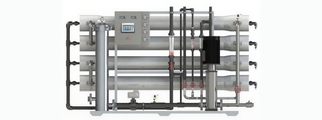
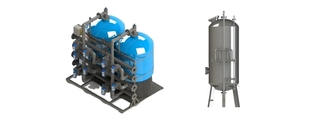
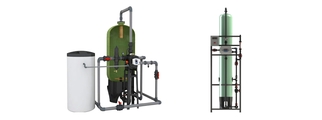
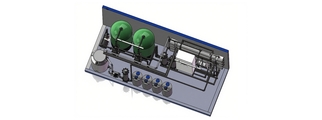
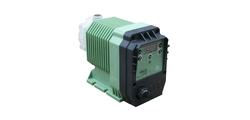
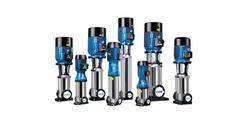
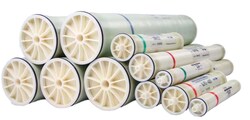
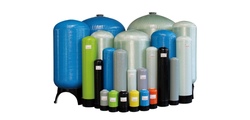
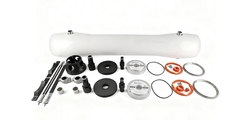
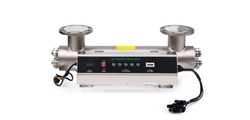
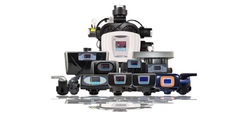
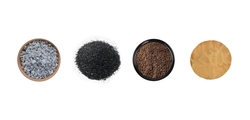
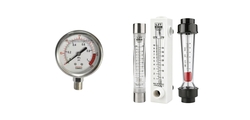
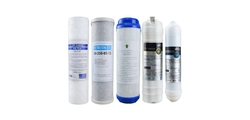
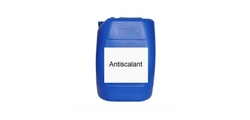
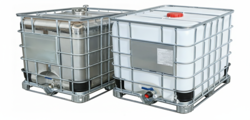
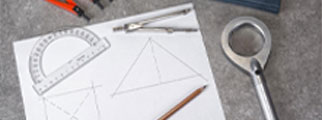



AQUALITEK- Aimee Hoo
AQUALITEK - Aimee Hoo